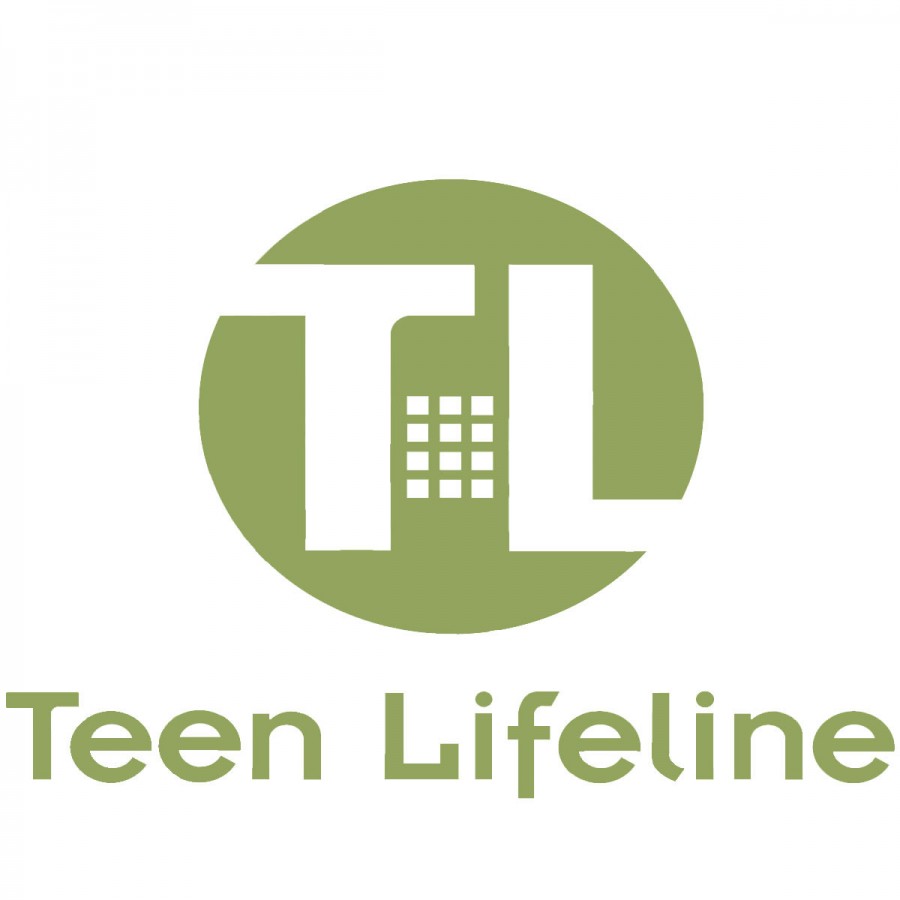Teen Lifeline provides anonymous help for students in need
Students who struggle with feeling comfortable about talking to others about personal feelings have another option- Teen Lifeline.
April 20, 2015
In the hustle and bustle of high school, students may often feel lost or forlorn. The rush to maintain standards can be especially exhausting on students. Whenever these situations persist over a long period of time, they can lead to serious chemical imbalances in the brain which may lead to depression and suicidal thoughts.
In the midst of what many seem as chaos, there are nonprofit organizations that may help teenagers cope. The Teen Lifeline is a nonprofit organization which provides for teens to safely talk to other teens about personal problems.
Perry High School’s Teen Lifeline representative is senior counselor Holli Cagle, who has been able to harbor a safe space for students who may not be comfortable to discuss personal problems at home.
Principal Dan Serrano discussed the impact of such an organization to help students.
“Those lines are being used and our counselors are being used by students. They are free to talk about their problems to counselors.”
In 1986, the organization was given a grant from the McKesson Foundation to develop a program for teens in the Phoenix South Community Mental Health Center. The organization prospered, and in 1991, the organization was given another significant grant to provide teens across the state with a toll-free number available from 3 p.m. to 9 p.m., 365 days a year.
According to teenlifeline.org, the purpose of the toll-free line is, “[not to] judge or to laugh, criticize or punish. We are just here to listen and to help find a solution to whatever is happening in life.”
These numbers are available for teens at 602-248-8336 (TEEN) for teens who live in Maricopa County and 800-248-8336 (TEEN) is the statewide number. Thousands have found relief and a feeling of hope with the organization.
“We were really impressed that it really deals with a whole array of topics for students whether it is depression, withdrawn, stressed, in secure, angry, confused,” Cagle explains. “The organization can be another tool in the students’ tool boxes.”
These lines are run by trained teens under the supervision of trained personnel, and provide anyone with valuable resources from counseling to providing hope to nearly 14,000 students across the state. The efforts by Cagle and peer counselors across the state provide teens a safe haven to discuss personal problems with confidence.



